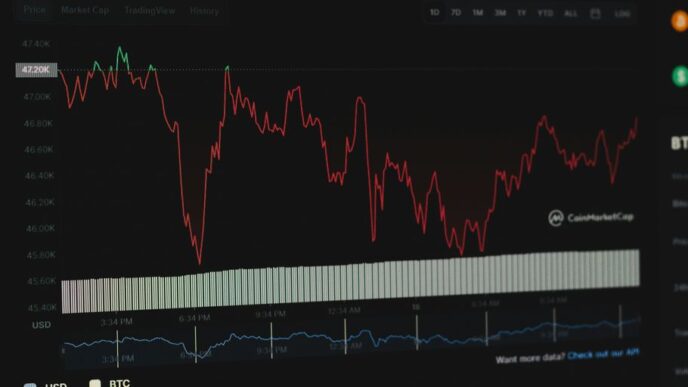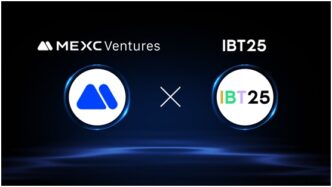Blockchain technology is emerging as a transformative force in healthcare, offering solutions to longstanding issues of data privacy, security, and integrity. Researchers at Indiana University are exploring how this innovative technology can empower patients and streamline clinical trials, ultimately enhancing healthcare outcomes.
Key Takeaways
- Blockchain provides a secure, decentralized method for managing personal health data.
- It enhances patient privacy by allowing individuals to control their own data.
- The technology can improve clinical trial recruitment and management processes.
- Blockchain aligns with U.S. health information exchange frameworks and FDA guidelines.
The Role of Blockchain in Healthcare
Blockchain technology is widely recognized for its impact on the financial sector, but its potential in healthcare is equally significant. By offering a secure, transparent, and auditable record of transactions, blockchain can address critical challenges in managing personal health data.
Yan Zhuang, an assistant professor at the Indiana University Luddy School of Informatics, Computing and Engineering, emphasizes the importance of blockchain in enhancing data security and accessibility. He states that the technology’s unique features can directly address the needs of healthcare systems.
Key Features of Blockchain
- Privacy: Patients can store their health data on personal devices without relying on central authorities.
- Immutability: Data recorded on the blockchain cannot be altered, ensuring integrity.
- Auditability: All transactions are verifiable, meeting regulatory compliance before being permanently recorded.
These features create a decentralized network that empowers patients to manage their data, ensuring that it flows from authorized sources without tampering.
Transforming Clinical Trials
In the realm of clinical trials, blockchain technology can revolutionize recruitment processes. By providing a transparent system, patients can engage with trials using their authorized data, which enhances screening and recruitment efficiency. This is particularly important as many patients are often unaware of available trials or how to participate.
The transparency offered by blockchain can also help reduce fraud and streamline data verification processes, making clinical trials more efficient and cost-effective.
Alignment with Regulatory Frameworks
Blockchain technology aligns well with the Trusted Exchange Framework and Common Agreement for nationwide interoperable health information exchanges, as outlined by the U.S. Department of Health and Human Services. Additionally, it supports decentralized clinical trial guidance published by the FDA, making it a timely solution for modern healthcare challenges.
Global Perspectives on Blockchain in Healthcare
Zhuang’s research is not limited to the U.S.; during his time in China, he witnessed a national initiative promoting blockchain applications in healthcare. Several hospitals in China are piloting blockchain-based medical billing platforms, showcasing the technology’s global relevance.
Future Directions
Zhuang’s lab at Indiana University is focused on leveraging decentralized approaches, including blockchain and decentralized AI, to enhance various aspects of the clinical trial process. The team is actively seeking collaborators and pilot projects in Indiana to advance these initiatives.
As blockchain technology matures, the goal is to develop accessible and intuitive solutions that benefit both hospitals and patients, ultimately improving healthcare efficiencies and patient outcomes.














